Kia has set a world record for the greatest distance travelled by an electric van on a single charge with a payload.
The Kia PV5 travelled a total of 430.84 miles (693.38km) on a single charge with a full payload of 690kg on board.
The record run took place on public roads north of Frankfurt, Germany, over a route chosen to replicate the daily working life of a delivery van.
At the wheel was Christopher Nigemeier, a member of the PV5's development team, and Van Reviewer editor George Barrow, who together drove 11 full laps of a 36.2-mile loop before eventually stopping on the 12th.
The route included small towns and villages with roundabouts, traffic lights and stop signs, as well as the everyday traffic normally encountered during more than 22 hours of driving.
With a combined range of 258 miles according to the WLTP combined test cycle (which is evaluated without a payload), the PV5 managed to average 6mpkWh from its 71.2kWh battery.
The van and its drivers also managed to achieve more than double the minimum requirement from Guinness World Records for the attempt, which was set at 300km (186 miles).
Internal tests by Kia had shown that for every additional 100kg of payload in the van, its range would reduce by only around 1.5%.
Speaking after the world record attempt, Marc Hedrich, president and CEO of Kia Europe, said: “The fact that much of our target audience for this van variant could operate for almost two full working days on a single charge speaks volumes about its real-world capability.”
Nigemeier, senior engineer at Hyundai Motor Europe Technical Center, added: “As an engineer, this challenge was both technical and personal.
"George brought an incredible amount of driving experience from testing other vans, while I had the advantage of knowing the PV5’s powertrain inside out.
"It became a friendly competition between us, who could squeeze the most out of each kilowatt-hour. In the end, it was the vehicle itself that impressed us both.”
Behind the wheel of a Guinness World Record
It’s not every day you get to attempt to set a Guinness World Record, and having been fascinated by the thought since reading the 1999 edition of the book and being mesmerised by the accompanying TV show, this was an opportunity I couldn’t turn down. But how long exactly would depleting a battery from 100% to 0% actually take?
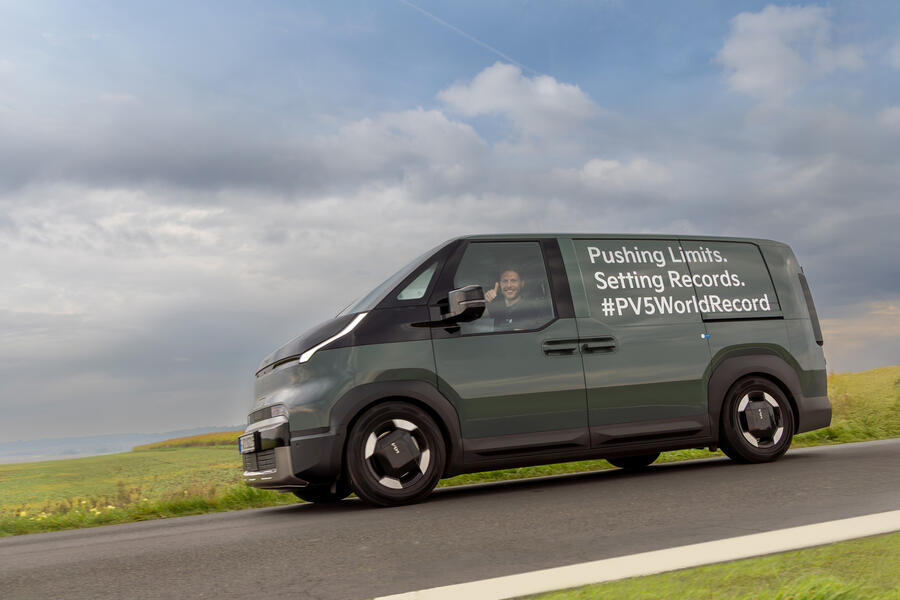

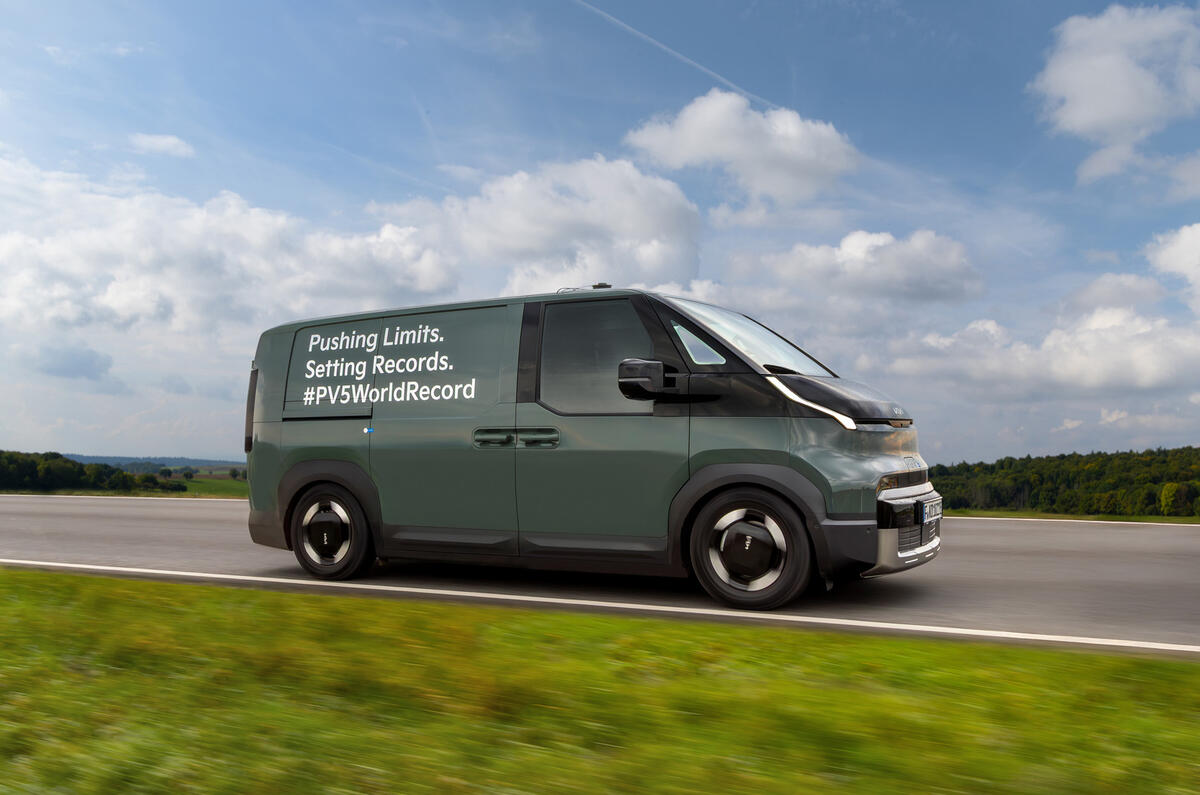
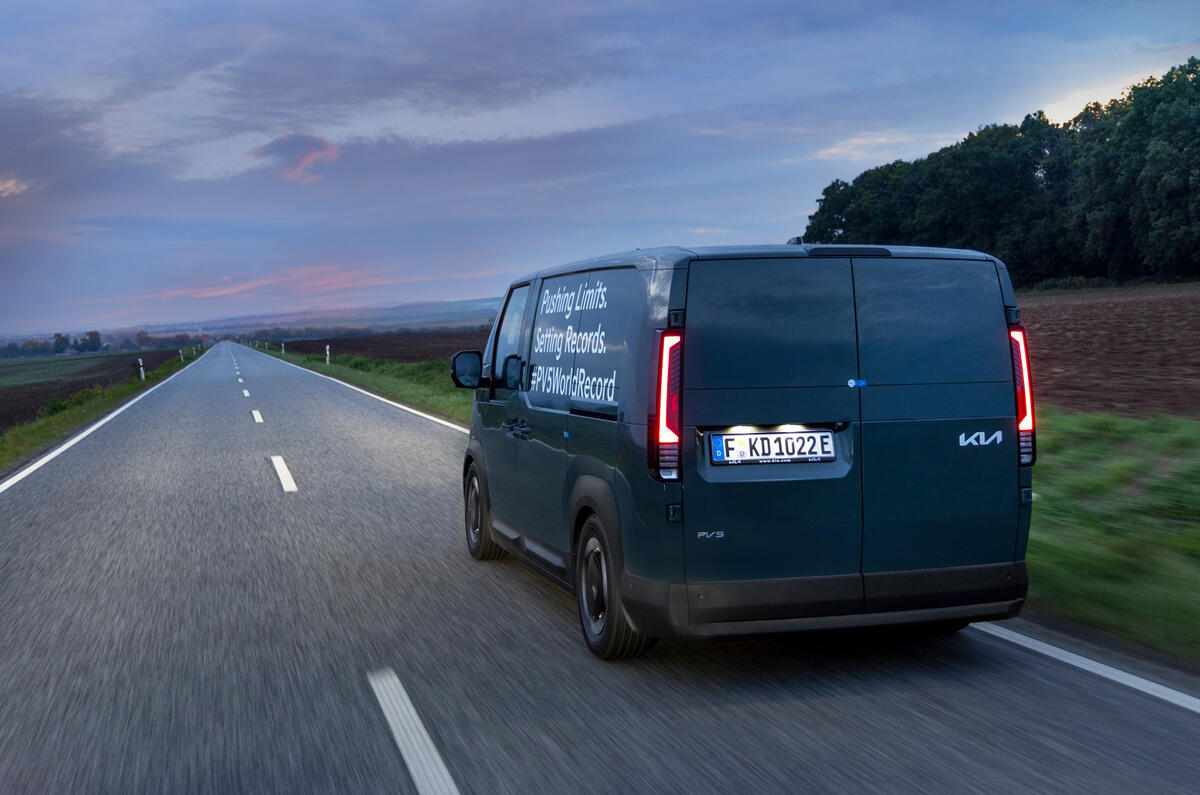
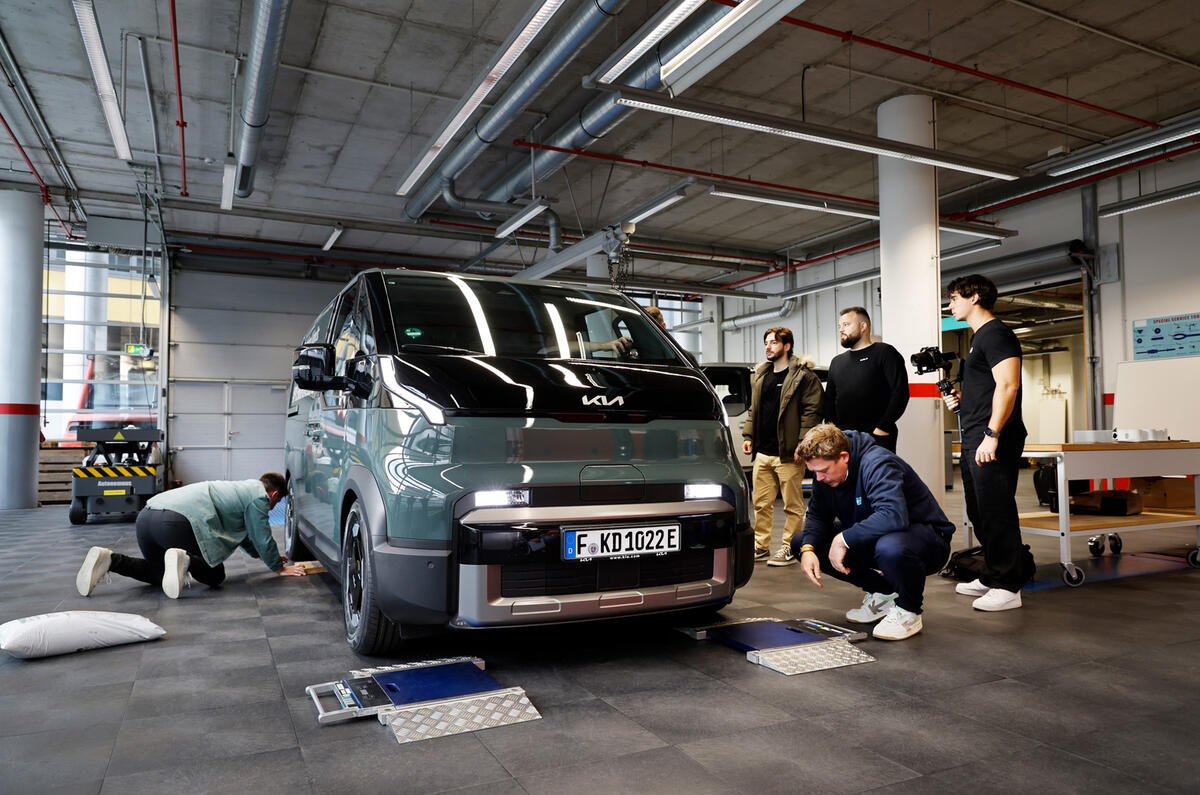
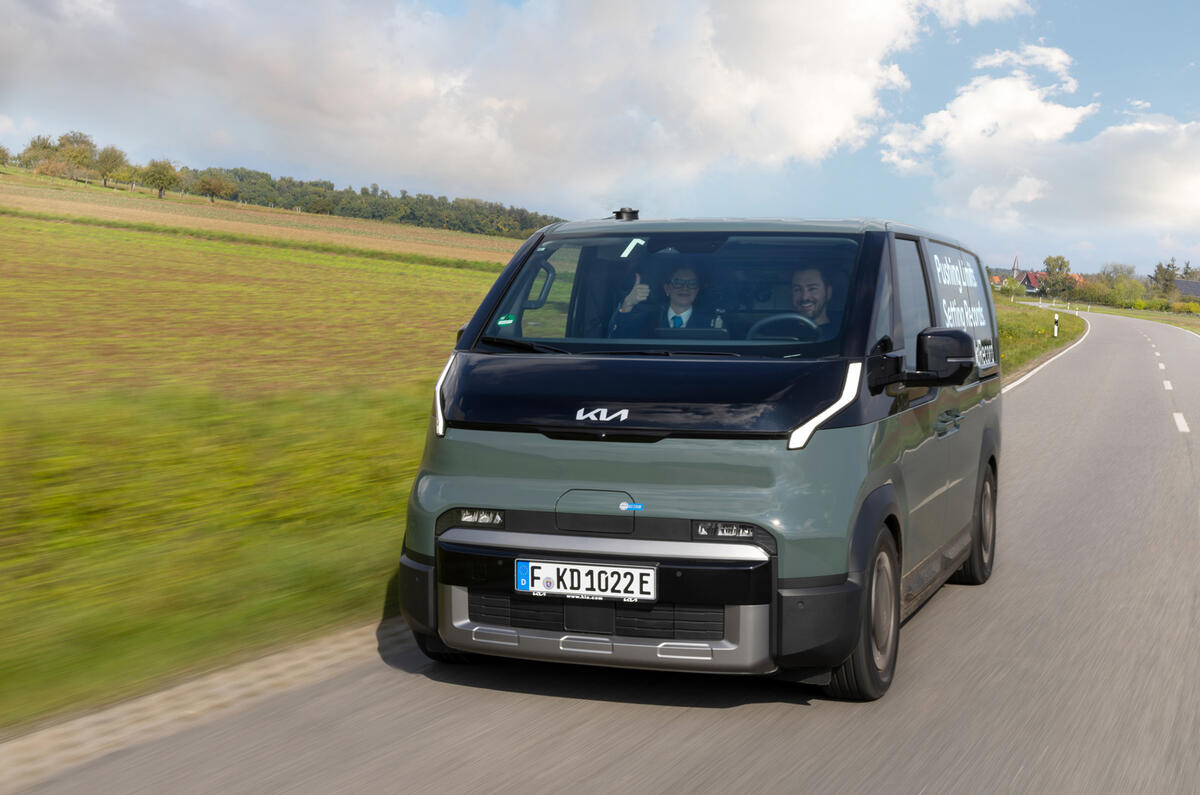
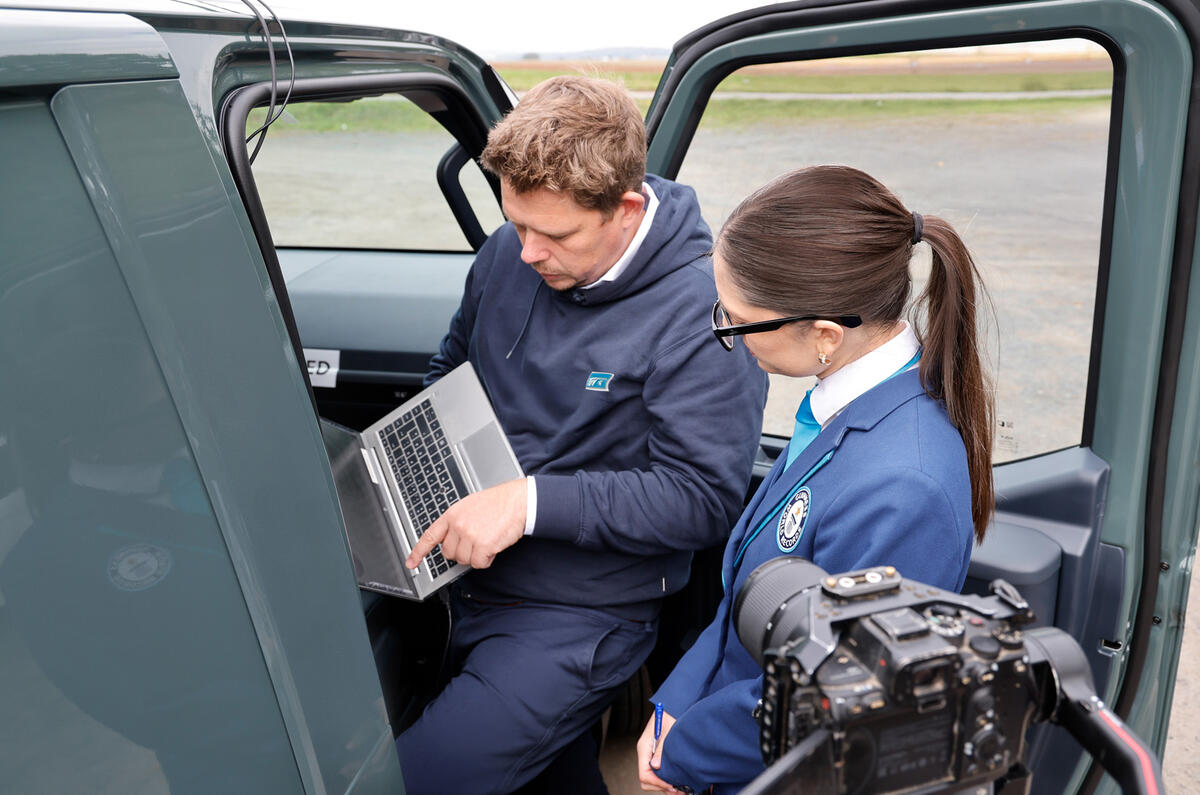
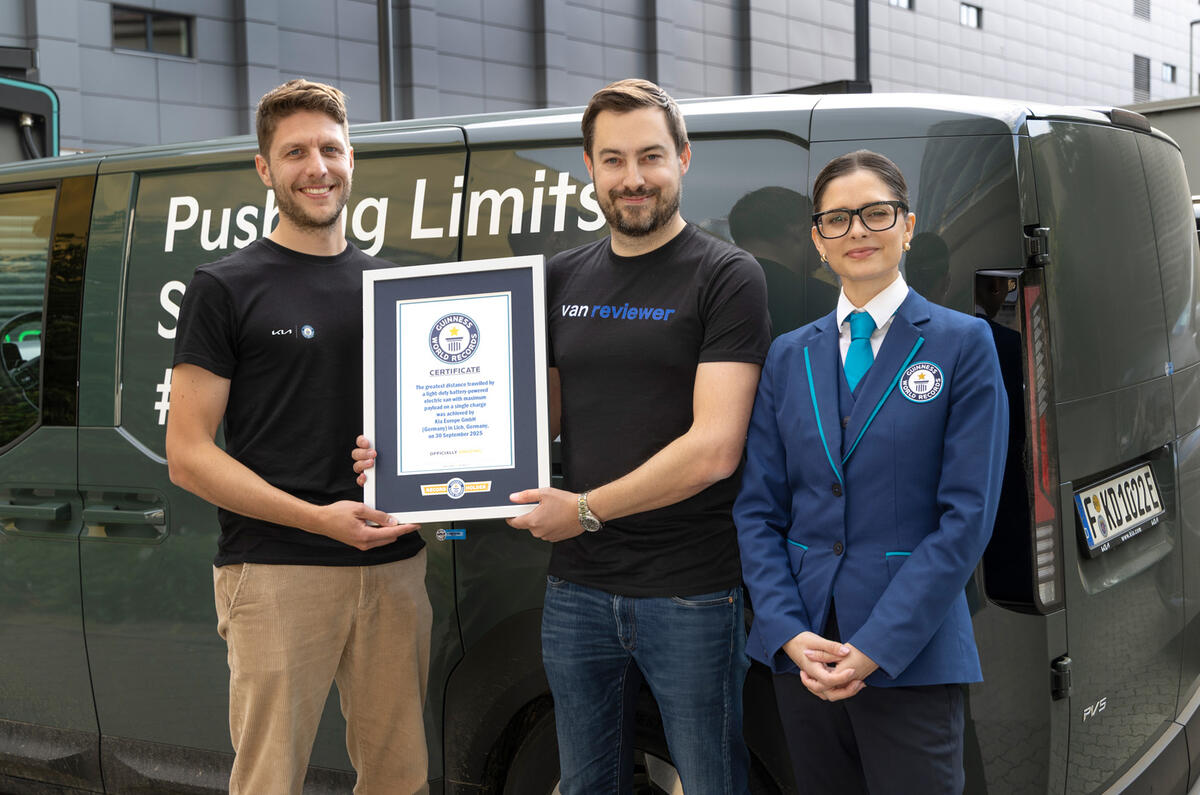
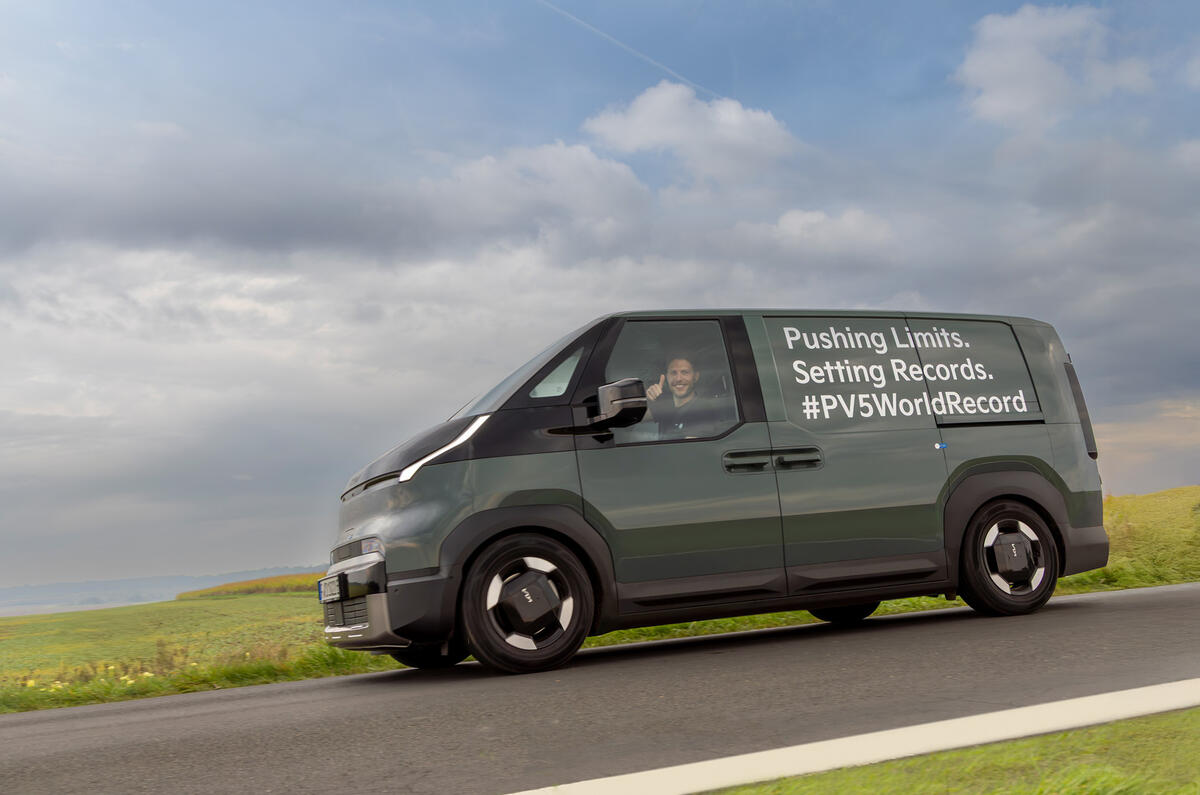

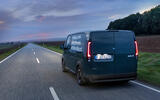
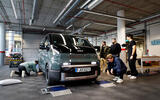
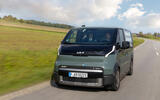


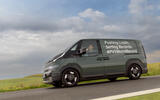

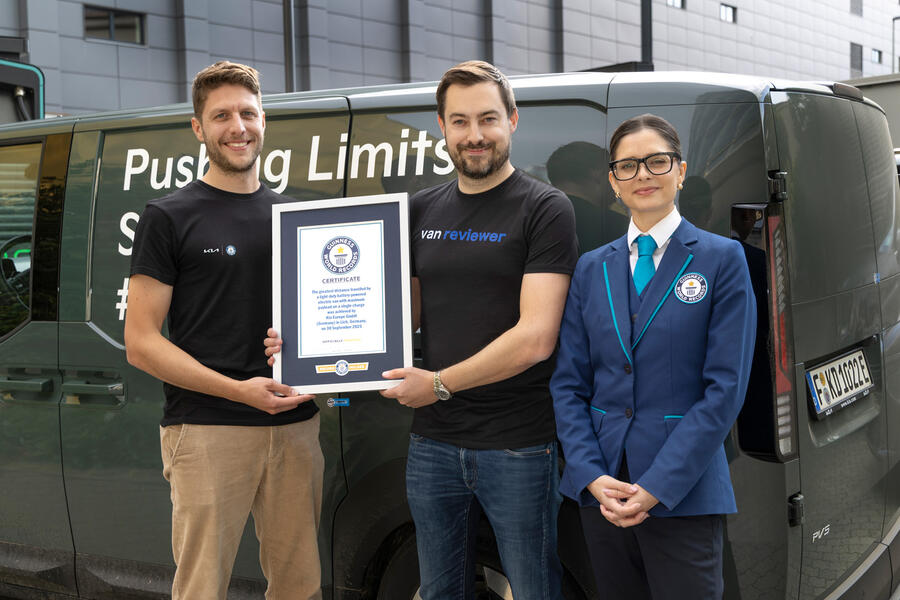

Join the debate
Add your comment
I feel like there is a space here for an endurance racing series for delivery vans ;)
Meanwhile, your standard diesel van with more than twice the range...
cough cough phew!, what would we rather have, clean transport,better health pros for us all even if it doesn't cover what a cough cough Deisel Van does.
Dont be so pathetic, modern diesel engines are extremely clean and significantly more efficient and cheaper than your milkfloat. Have a crash in an electric van, and its likely to be unrepairable and written off, whereas the diesel van will be back on the road in a couple of days.
People have been saying "extremely clean" since 2012 yet I still wouldn't breath the exhaust. I see vehicles dumping dust as they drive and I can smell through the filters in my car when I am behind a diesel. Extremely clean clearly isn't good enough
Don't be pathetic yourself, run your diesel car in the single garage for 30 minutes and then tell us it's extremely clean. But first, you might not be able to afterwards, tell us how the diesel engine is more efficient than a electric motor.
Really. So my plumber, like so many other tradesmen, never goes more than 20 miles outside the village, so 200 miles is more than enough. Boasting about a van travelling for 10 hours without stopping for a break is only for drivers wearing nappies.
I mean at an average of 30mph sounds like an alectric car will go for 9 hours. Don't think there are many vans in most cities that average faster than that
Is it a comparison, or what?
A 2.2l transit gets about 29mpg and has a 12l tank. That's 360 miles. It's probably fair to say it's more than the 250 miles you would get if they were not driving for efficiency but double is a bit of a stretch. Maybe it's one for an article to see how far autocar can get a standard diesel van to go on a tank